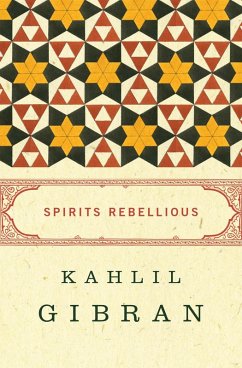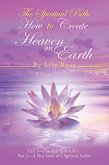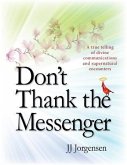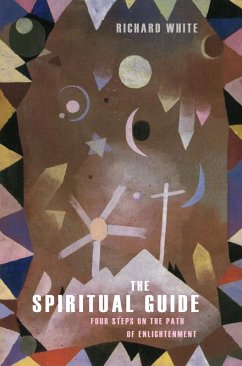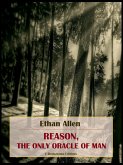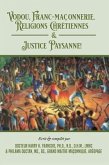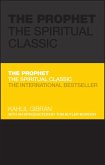A clarion call for freedom from one of the twentieth century's most important philosophers and writers, Kahlil Gibran A book so powerful it was burned in the marketplace of Beirut at the time of its publication, Kahlil Gibran's Spirits Rebellious is a clarion call for freedom in his homeland of Lebanon-for individuals and society. Gibran's bitter denunciation of religious and political injustice flows through his lyric pen in three parables, that of "Madame Rose Hanie," "The Cry of the Graves," and "Kahlil the Heretic." His vision of liberty is no less powerful today.
Bitte wählen Sie Ihr Anliegen aus.
Rechnungen
Retourenschein anfordern
Bestellstatus
Storno

